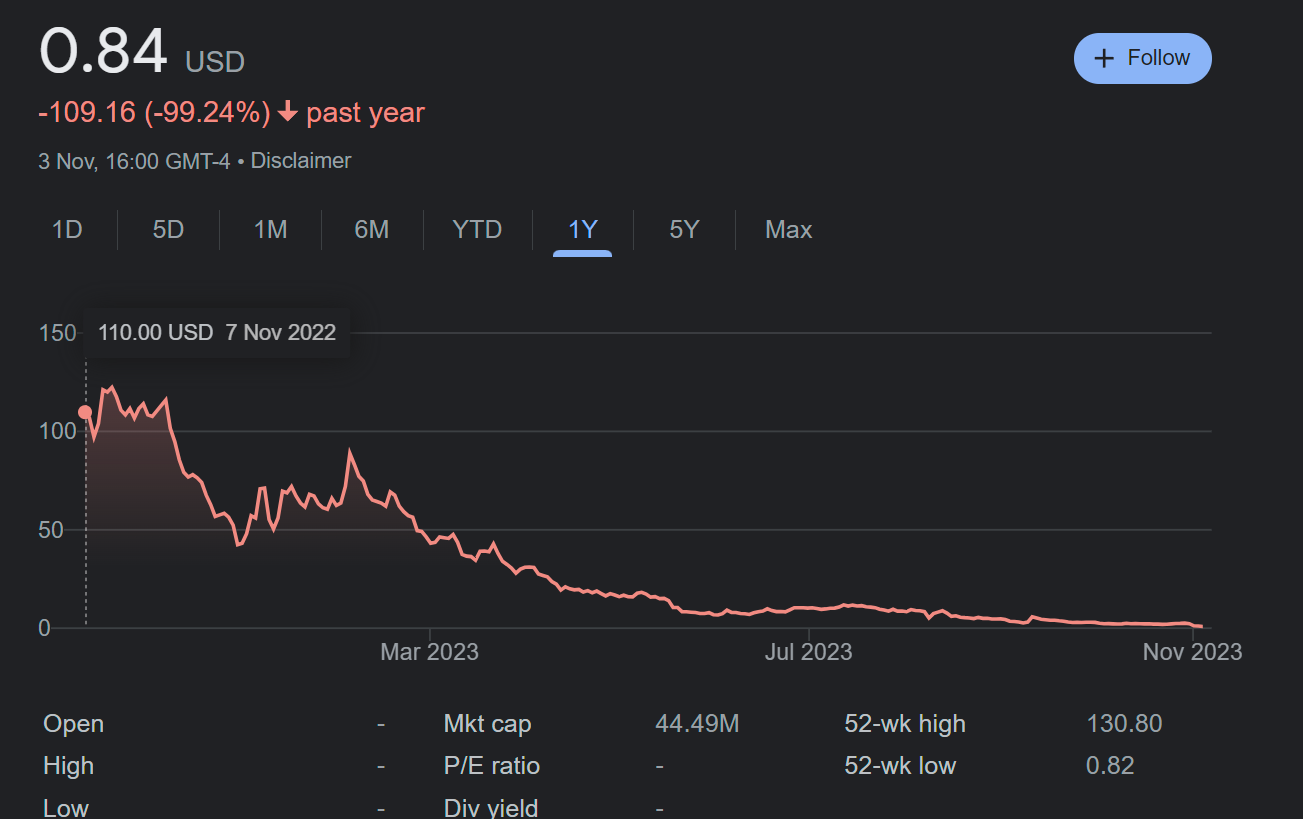What just happened? WeWork, the office space-sharing giant that was valued at $47 billion in 2019, has filed for Chapter 11 bankruptcy protection in New Jersey Federal court. The company warned that its future was in substantial doubt earlier this year, and there were reports last month that a bankruptcy filing was expected.

WeWork's bankruptcy filing is limited to the company's US and Canada locations. The company, which reported liabilities ranging from $10 billion to $50 billion, said it had reached restructuring agreements with creditors holding 92% of its debt.
While WeWork said its spaces remain open and operational, it plans to further rationalize its commercial office lease portfolio during the restructuring period.
WeWork said in August that it would be focusing on reducing rental costs, negotiating more favorable leases, increasing revenue, limiting capital expenditure, and raising capital in an effort to avoid bankruptcy.
WeWork was once valued at $47 billion by Japanese owner SoftBank, but things started to turn sour in 2019 when an IPO was canceled mostly due to internal turmoil brought on by the misconduct accusations against co-founder and ex-CEO Adam Neumann. Its value dropped to $7.8 billion just a few months later.
WeWork's stock price over the last 12 months
Few businesses were hit as hard by the pandemic as WeWork, given how the lockdowns forced much of the world to work from home. The company had shown some signs of recovery early this year, but it appeared to be a case of too little, too late. It has lost almost 98% of its stock valuation in the last 12 months, while shares, which had been as low as 10 cents, were trading at 83 cents before the stock was halted on Monday.
As of June 30, WeWork had 777 locations covering millions of square feet of office space across 39 countries.
The Wall Street Journal reported last week that since its founding, WeWork had amassed $16 billion in losses as of June 2023. It was also paying $2.7 billion per year in rent and interest, the equivalent of over 80% of the company's entire revenue.
"It has been challenging for me to watch from the sidelines since 2019 as WeWork has failed to take advantage of a product that is more relevant today than ever before," Neumann said in a press release. "I believe that, with the right strategy and team, a reorganization will enable WeWork to emerge successfully."
https://www.techspot.com/news/100758-office-sharing-giant-wework-valued-47-billion-2019.html
